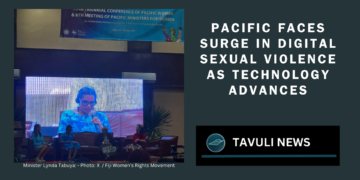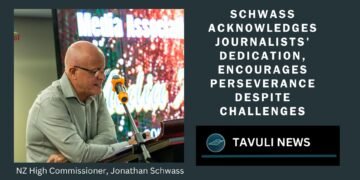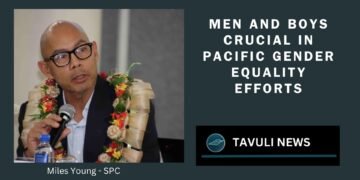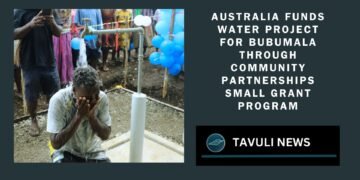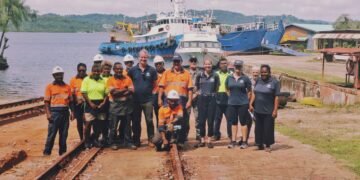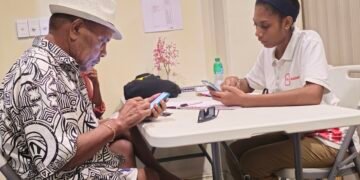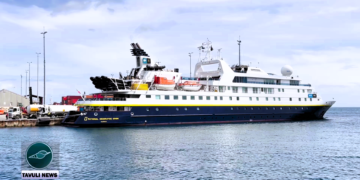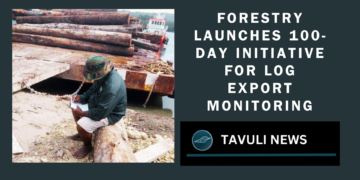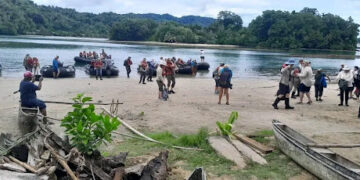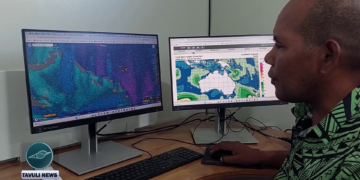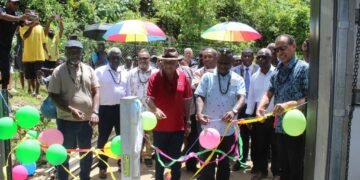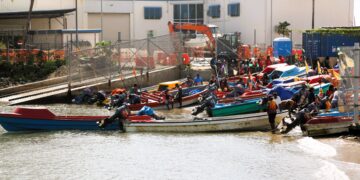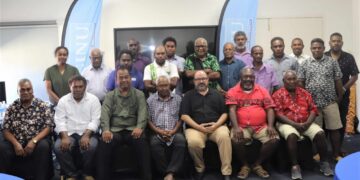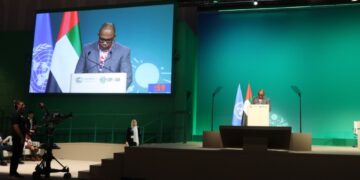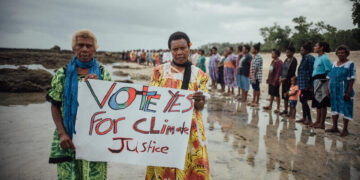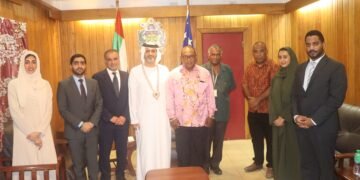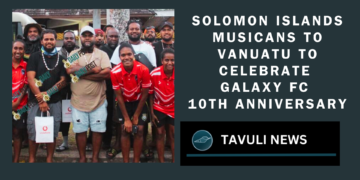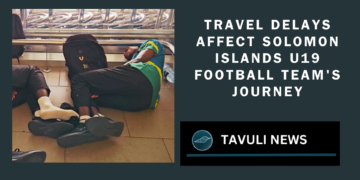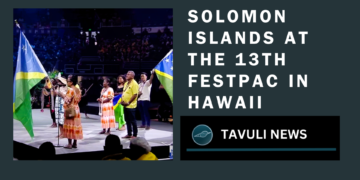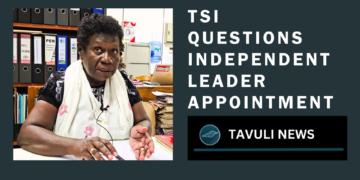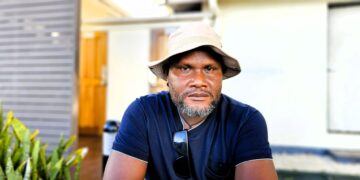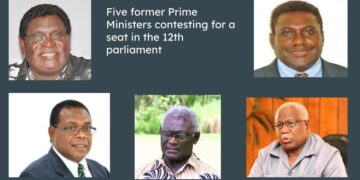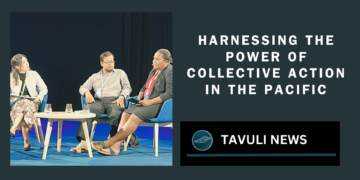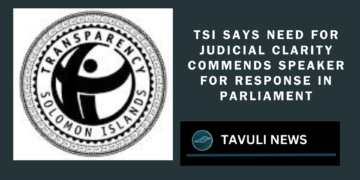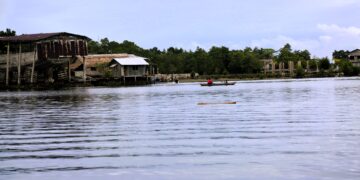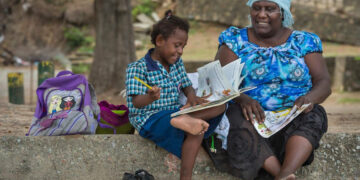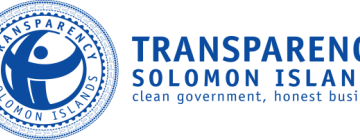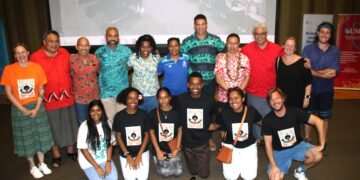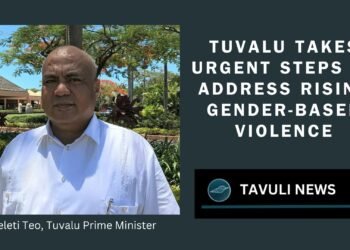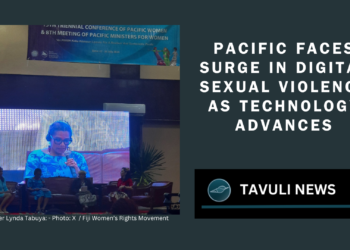After 10 years, TRC Report officially presented in parliament ending at least victims wait for the crimes committed against them to be acknowledged and recognized by lawmakers in parliament.
After a decade, the long-awaited Truth and Reconciliation Commission (TRC) Report has been officially presented in parliament. The extensive and collaborative TRC report, painstakingly compiled between 2010 and 2011 by dedicated commissioners, delved deep into historical shadows, illuminating events from over two decades ago. The TRC left no stone unturned in its pursuit of truth and comprehension of the events known as the ethnic tension in Solomon Islands in early 2000s. Employing a blend of public and confidential hearings, victims’ testimonies, perpetrator confessions, and consultations with all parties involved in the conflict, the commission unearth a comprehensive spectrum of experiences during those tumultuous times. Victims have been eagerly anticipating the Government’s presentation of the TRC recommendations in Parliament. Their aspiration is that their voices and calls for healing and acknowledgment will finally be recognized.
During the recent parliamentary sessions, representatives echoed the imperative of acknowledging the past and emphasized the government’s role in driving necessary amendments. Makario Tagini, MP for Baegu Asifola, stated, “We cannot proceed without acknowledging our history. Reconciliation doesn’t entail erasing the past; it’s about grappling with our shared history, learning from it, and ensuring the dark chapter of our past isn’t repeated.”
John Maneniaru, MP for West Are’are, raised concerns about the allocation of government funds to other sectors instead of directly addressing people’s concerns. He questioned, “Whose interests does the nation we govern serve? If it belongs to us and the land issue belongs to our people, then we must address it.”
Peter Kenilorea Jnr, MP for East Are’are, urged the government to be forthright with former militants still awaiting compensation from the government. He stressed the importance of honesty in acknowledging their contributions and limitations in fulfilling promises. Kenilorea emphasized, “While it’s challenging, they deserve the respect of the truth.” He said it is regrettable that even after two decades, the issues concerning former combatants continue to make headlines. Kenilorea said this predicament perplexes the newer generation who have grown up with little awareness of the past events.
Hailing from Guadalcanal and a crucial figure in representing the Guadalcanal region at the Townsville Peace Agreement, in October 2000, Associate Professor Tarcisius Kabutaulaka, who closely followed the debates from Hawaii, commended the tabling of the TRC Report.

While acknowledging the efforts of ministries in highlighting their work, Kabutaulaka stressed the need for a more targeted approach to the TRC report. He urged the entire government ministries to collectively address the challenges faced by Solomon Islands rather than an individual ministry working on its own for the common good. He emphasized that the TRC report tells the story of Solomon Islands by Solomon Islanders and that it is a report that comes from the heart of Solomon Islanders. He encouraged members of parliament who have not contributed to the debate on the report, to do so substantively. Kabutaulaka patiently await the outcomes stemming from the TRC Report’s presentation and debate in parliament.


